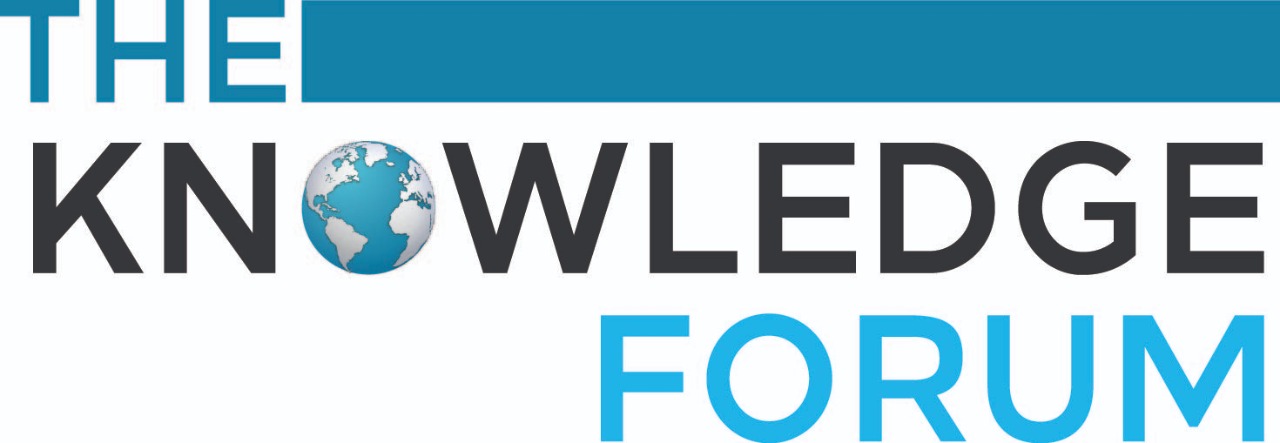Pakistan Bulletin
An up-to-date and informed analyses of key issues of Pakistan.
Nawaz Sharif’s Return to Pakistan’s Politics
December 2023
The former Prime Minister Nawaz Sharif’s return to Pakistan after four years of exile is being seen as the first step towards his return to power. However, Pakistan’s public, whom he aspires to lead, has changed. The Knowledge Forum team presents an analysis of his future prospects.
If elected for another term, Nawaz Sharif would face key challenges, including dealing with the increasing threat of terrorism.
Nawaz Sharif’s fresh chapter in Pakistan’s politics seems to ignore the evolving political dynamics in which a good majority of public looks at dynastic politics with contempt. He still relies heavily on his family members and close relatives to run his party affairs.
As Nawaz Sharif’s political career continues to evolve, his next move is under tighter scrutiny, more than ever. He has yet another chance to lead and shape the political, economic and democratic agenda. However, this time, a lethargic public who has repeatedly paid the price of political experiments in Pakistan demands better representation. This public wants economic reforms, accountability of the political and military elites, and a real change in their quality of life. The traditional brand of politics practiced by Pakistan’s mainstream political parties, including that of Nawaz Sharif’s, has so far failed to come up with a plan to fulfil these aspirations.
Muhammad Rafique and Zeenia Shaukat
Authors

Get the latest news and updates from our team
